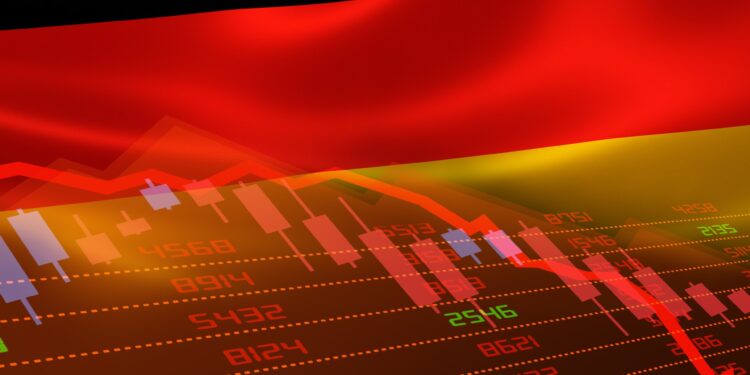The German Central Bank said – today, Friday – that its expectations indicate a slight contraction of the country’s economy this year, but it will seize little growth next year.
This comes in light of weak demand from abroad, limited government support for the green transition, and economic activity being affected by high interest rates.
Compared with previous forecasts issued last June, the bank’s semi-annual forecasts for Europe’s largest economy showed a slightly smaller contraction than expected in 2023, but it also greatly reduced the size of the expected recovery in 2024.
The latest forecasts indicate that the German economy will decline by 0.1% in 2023 and grow by 0.4% next year, reaching 1.2% in 2025.
The German central bank reported that slowing exports is weakening industry, consumer spending is constrained, while high financing costs weaken investment flows.
“As of the beginning of 2024, the German economy is likely to return to the expansion path and gradually accelerate,” German Central Bank President Joachim Nagel said in a statement.
Yesterday, Thursday, the European Central Bank kept interest rates on major refinancing operations at 4.5%, lending at 4.75%, and deposits at 4%, without change, after a similar step taken by the Federal Reserve Bank (the US Central Bank).
The German GDP declined by 0.1% in the third quarter of this year on a quarterly basis due to the decline in household spending, rising energy costs, a slowdown in the industrial sector, and an increase in interest rates to control inflation.



